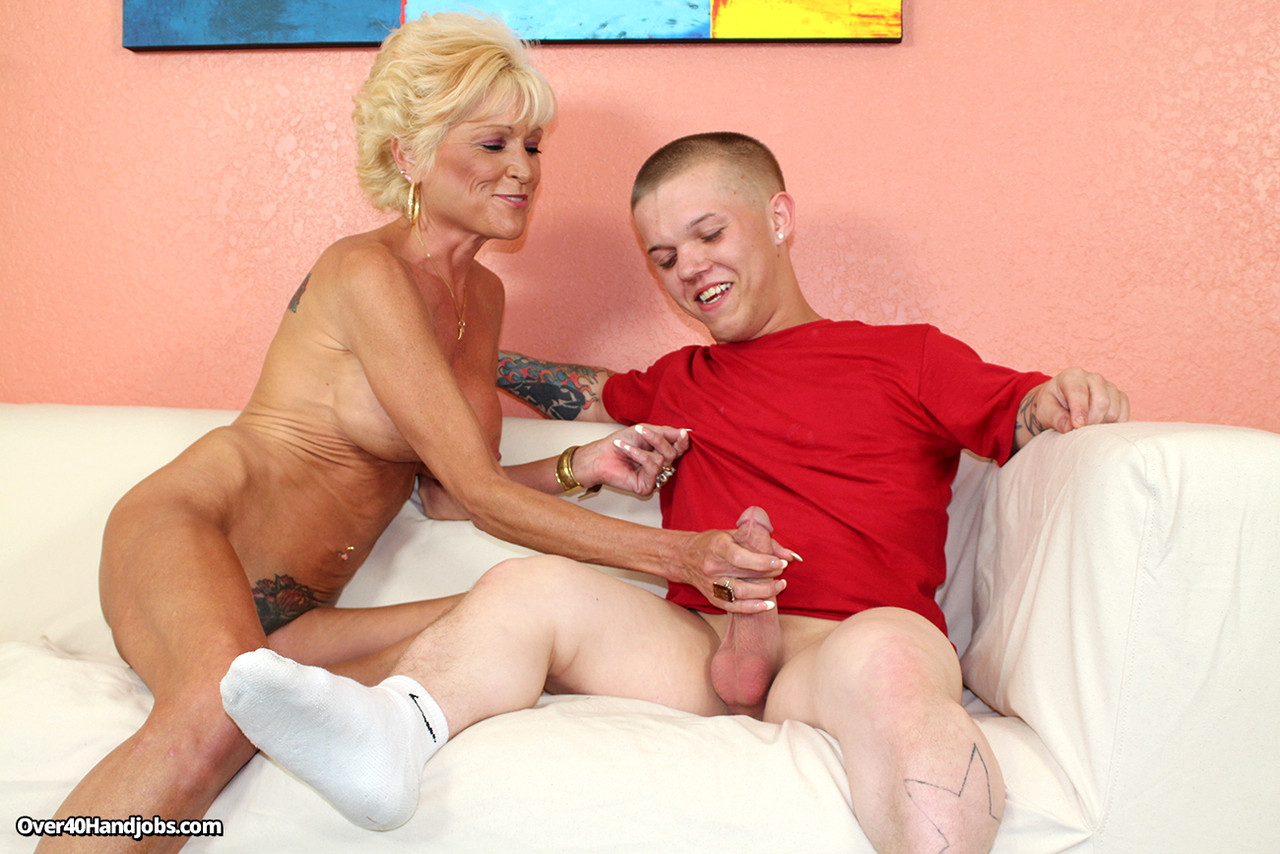Life, Death and How To Get Nudes From A Girl
Life, Death and How To Get Nudes From A Girl
Blog Article
 On Sunday, dozens of nude photographs of female celebrities-including Jennifer Lawrence, Kate Upton, and Kirsten Dunst-were leaked out online. The hacking and nonconsensual publication of these photos-which were kept privately by the women themselves and shared only with partners and friends of their choosing, if with anyone at all-is both a criminal act and a widespread attack on female sexual agency. The act is the digital equivalent of approaching a woman on the street, pulling down her shirt, snapping a photo, and passing it around. Regarding to first revealing by Deadspin and BuzzFeed, those responsible have publicized these images in a bid to fortify their own hacker statuses, earn bitcoins, or propose trades for more nude photographs of other women’s bodies.
On Sunday, dozens of nude photographs of female celebrities-including Jennifer Lawrence, Kate Upton, and Kirsten Dunst-were leaked out online. The hacking and nonconsensual publication of these photos-which were kept privately by the women themselves and shared only with partners and friends of their choosing, if with anyone at all-is both a criminal act and a widespread attack on female sexual agency. The act is the digital equivalent of approaching a woman on the street, pulling down her shirt, snapping a photo, and passing it around. Regarding to first revealing by Deadspin and BuzzFeed, those responsible have publicized these images in a bid to fortify their own hacker statuses, earn bitcoins, or propose trades for more nude photographs of other women’s bodies.
Why Do Girls Send Nudes
 It is also an offense that threatens to affect all women, unknown and famous. Representatives for the women victimized in thwill be week’s incident have pledged to pursue charges against those responsible; Apple is now “actively investigating” a potential weakness in its iCloud system that may possess facilitated the hack; and the FBI says it is “addressing” the “unlawful release of material involving high profile individuals.” Not all women have the clout to put tech companies and law enforcement agencies on notice when they are victimized online, but they should, and high-profile incidents prefer this one can aid safeguarded legitimate option for lesser-known persons down the comparative brand. In 1990 Back, California similarly became an early champion of strong anti-stalking legislation after actress Rebecca Schaeffer was murdered by an obsessed fan. If you enjoyed this post and you would like to get more information concerning https://hair-porn.com/curly-redhead-milf-beautiful-xxx-photos/ kindly go to our internet site. The eventual outcome matters for everyone. Los Angeles-based federal prosecutor Wesley Hsu told Forbes that prosecuting the online harassment cases of famous women has paved the way for his office to take up the cause of other “harmed young women and teen girls.” Christopher Chaney, the man who hacked into online accounts of megastars Scarlett Johansson and Mila Kunis as well as two nonfamous women he knew personally-then shared private nude photographs of them with the world, as well as one victim’s father-was sentenced to 10 years in prison in 2012. After the victimization of popular ladies like Johansson and Erin Andrews delivered open public attention to the nagging difficulty, Year California became one of the first states to explicitly criminalize revenge porn last; 11 extra expresses implemented fit this yr.
It is also an offense that threatens to affect all women, unknown and famous. Representatives for the women victimized in thwill be week’s incident have pledged to pursue charges against those responsible; Apple is now “actively investigating” a potential weakness in its iCloud system that may possess facilitated the hack; and the FBI says it is “addressing” the “unlawful release of material involving high profile individuals.” Not all women have the clout to put tech companies and law enforcement agencies on notice when they are victimized online, but they should, and high-profile incidents prefer this one can aid safeguarded legitimate option for lesser-known persons down the comparative brand. In 1990 Back, California similarly became an early champion of strong anti-stalking legislation after actress Rebecca Schaeffer was murdered by an obsessed fan. If you enjoyed this post and you would like to get more information concerning https://hair-porn.com/curly-redhead-milf-beautiful-xxx-photos/ kindly go to our internet site. The eventual outcome matters for everyone. Los Angeles-based federal prosecutor Wesley Hsu told Forbes that prosecuting the online harassment cases of famous women has paved the way for his office to take up the cause of other “harmed young women and teen girls.” Christopher Chaney, the man who hacked into online accounts of megastars Scarlett Johansson and Mila Kunis as well as two nonfamous women he knew personally-then shared private nude photographs of them with the world, as well as one victim’s father-was sentenced to 10 years in prison in 2012. After the victimization of popular ladies like Johansson and Erin Andrews delivered open public attention to the nagging difficulty, Year California became one of the first states to explicitly criminalize revenge porn last; 11 extra expresses implemented fit this yr.
But predictably, some commentators are still putting the onus on victims themselves to prevent their exploitation by modifying their own behavior. New York Circumstances tech columnist Computer chip Bilton tweeted Friday, “Put together a list of tips for celebs after latest leaks: 1. Don’t take nude selfies 2. Don’t have nude selfies 3. Don’t take nude selfies.” (He later apologized.) Ricky Gervais made a similar joke before deleting it from Twitter: “Celebrities, make it harder for hackers to get nude pics of you from your computer by not putting nude pics of yourself on your computer.” These messages instruct women that they happen to be to blame for being sexually exploited because they dared to express themselves sexually in private and in consensual contexts. (When hackers steal credit card information, the public isn’t pin the consequence ond for daring to shop.) As Lena Dunham succinctly set it, “The ‘don’t acquire naked pics if you don’t want them online’ argument is the ‘she was wearing a short skirt’ of the web.”
How To Take Sexy Nudes
 Attitudes like Bilton’s suggest that female sexuality is so easily exploitable that women like Lawrence would be best not to engage in it at all, actually on the subject of their unique conditions. “On one I wrote, ‘This might not be my best angle.’ ” Monroe told the press that she was “not ashamed” of the photos and had “done nothing wrong.” Then, she flipped the incident into a self-deprecating joke: “I’ve only autographed a few copies of it, mostly for sick people,weekend Evening Article ” she told the the. Petersen notes that, in the true deal with of the puritanical Showmanship local climate of the earlier 1950s, Monroe was able to overcome the potential stigma of the photos by not “denouncing the images” but instead taking “control” of the narrative by facing them with her trademark sexy giggle and wink. Meanwhile, BuzzFeed’s Anne Helen Petersen has proposed that Lawrence should counter the incident by laughing off the violation and acting as if she’s so devoid of hangups that it’s impossible for anyone to truly embarrass her. Petersen-author of the forthcoming Hollywood history Scandals of Classic Hollywood-advises Lawrence to hew to the example of Marilyn Monroe, who seemed to be affronted with a similar “scandal” when topless photographs she had posed for pre-stardom in exchange for a flat $50 fee were later republished without her consent in a 1952 pinup calendar.
Attitudes like Bilton’s suggest that female sexuality is so easily exploitable that women like Lawrence would be best not to engage in it at all, actually on the subject of their unique conditions. “On one I wrote, ‘This might not be my best angle.’ ” Monroe told the press that she was “not ashamed” of the photos and had “done nothing wrong.” Then, she flipped the incident into a self-deprecating joke: “I’ve only autographed a few copies of it, mostly for sick people,weekend Evening Article ” she told the the. Petersen notes that, in the true deal with of the puritanical Showmanship local climate of the earlier 1950s, Monroe was able to overcome the potential stigma of the photos by not “denouncing the images” but instead taking “control” of the narrative by facing them with her trademark sexy giggle and wink. Meanwhile, BuzzFeed’s Anne Helen Petersen has proposed that Lawrence should counter the incident by laughing off the violation and acting as if she’s so devoid of hangups that it’s impossible for anyone to truly embarrass her. Petersen-author of the forthcoming Hollywood history Scandals of Classic Hollywood-advises Lawrence to hew to the example of Marilyn Monroe, who seemed to be affronted with a similar “scandal” when topless photographs she had posed for pre-stardom in exchange for a flat $50 fee were later republished without her consent in a 1952 pinup calendar.
By laughing it off, Monroe contributed to “what came to be known as the ‘Playboy philosophy,’ that sex is only dirty when suppressed,” Petersen writes. (With his Playboy fortune, Hefner acquired the memorial service story subsequent to Monroe’t crypt later on, ensuring that they’d be laid side by side forever-again, not her call.) Similarly, Lawrence never agreed to share these images of her “beautiful body” with the world. Her attitude “reassured the public that posing for those photos wasn’t wrong, or sinful, or something that should end her career,” but rather a joyful exercise of a woman “sharing the pleasure of her beautiful body.” According to Petersen, Lawrence, too, can sidestep potential career damages by affecting a sexy tee-hee, as the photos fit right in with her existing image of an “incredibly hot yet low-key sexuality.” In doing so, Lawrence could also ignite a good unique influx of Monroe’h innovation, as the public “acknowledgement that twentysomething females are sexual beings just might predicate a more balanced and less Puritanical understanding of female sexuality.” What Petersen doesn’t mention is that Monroe never agreed to be the face of Playboy’s ostensible revolution-in 1953, Hugh Hefner bought photos of Monroe from that same old nude shoot and published them in his magazine’s first issue without her consent, and without paying her a dime. Why would anyone need her to wave that off?
Petersen admits that it’s unfair to expect Lawrence to “correctly ‘play,’ and defuse, this potential scandal.” Instead, she implores onlookers to “prevent a market for these type of photos” in the future by refusing to be “scandalized” by their contents. Petersen is heartened that, even as the photographs of these famous women have proliferated without the subjects’ consent, she’h “noticed quite little of the encoded slut-shaming that normally accompanies comparable water leaks,” she writes. Supporters commenting on the crime “exhibit solidarity of failure instead.” Few want to sew a scarlet letter on Lawrence’s chest just because she shared some topless photos in private. None of the people contributing their own photos to this hashtag are in Jennifer Lawrence’s position: a woman whose body was exposed without her consent. The previously three words of that phrase here are the crucial ones. But when I search the #LeakForJLaw hashtag on Twitter-which Petersen floats as evidence of the crime’s silver lining-I find a handful of women happily publishing nude photos of themselves, but extra nonconsensual leaked out nudes posted by Web trolls likewise, and a complete whole lot of men baring their chests as a joke. Some supporters have even pledged to publish their own nude selfies in order to demonstrate that it is perfectly normal, and not at all deviant, for a girl to exhibit herself in whatever fashion she chooses sexually.
Petersen contends that it is a good thing that people now feel free to share these stolen, naked images without calling the victimized women whores, but what kind of silver lining will be that? We should all become the hackers who dedicated this crime scandalized-by, by the organizations that possess happen to be gradual to deal with them as well, and by the very idea that any woman should have to massage the circumstances of her victimization while dancing backward and in high heels. Women like Lawrence shouldn’t possess to concede to the hackers in order to project the idea that they have ownership over their sexuality-in this disgusting and criminal context, the idea of promoting a “greater understanding” of female sexuality is an absurdity. Controlling individual libido may “grubby help make gender seem to be,” as Hefner argued, but the answer is not to force women to expose themselves-or to pretend that the theft and publication of images of women’s bodies will be in any way a run-of-the-mill occurrence.
Thankfully, Petersen’s observations are themselves passé. Johansson has remained a powerful Hollywood player even after submitting a tearful videotaped testimony in Chaney’s trial admitting that she was “humiliated” and “embarrassed” by his hacking of her images, and calling his actions what they happen to be: “perverted and reprehensible.” And when Kirsten Dunst tried a humorous tactic to deflect negative publicity about the latest leak, at least her target was her compromised Apple system, not herself. That’s progress. Through her representative, Lawrence features called the leaked photos a “flagrant violation of privacy.” The real revelation here is that Lawrence’s status as a modern sex symbol no longer requires her to excuse the men who seek to exploit her.
Report this page